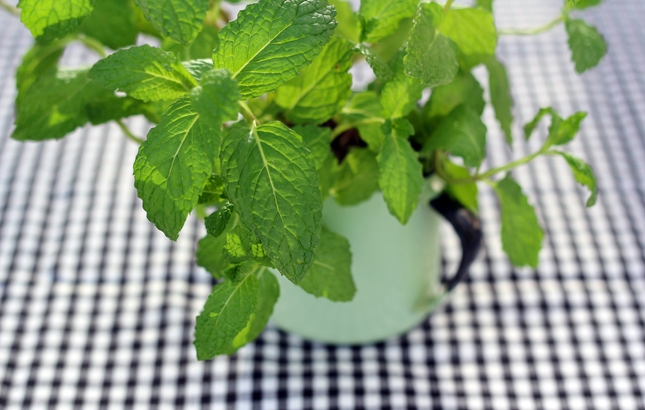
6 Tips to Avoid Bloating
It’s a sensation most of us are familiar with...The dreaded stomach bloat. It’s uncomfortable, sometimes painful and never welcome. We’re not just talking about carrying a few extra kilos around the middle, it’s that temporary abdominal distention that can make you look like, out of nowhere, you’re 5 months pregnant. Not fun! So, what can we do to avoid bloating? Firstly, it is always worth talking to a heath proessional to ascertain wether or not there may be an underlying cause for your frequent bloating. It may be a hormonal imblance, overgrowth of candida, food intolerance or a multitude of other potential causes. However, here are simple 5 nutritional tips that may help you on the right track to banishing the bloat...
It’s a sensation most of us are familiar with...The dreaded stomach bloat. It’s uncomfortable, sometimes painful and never welcome. We’re not just talking about carrying a few extra kilos around the middle, it’s that temporary abdominal distention that can make you look like, out of nowhere, you’re 5 months pregnant. Not fun! So, what can we do to avoid bloating? Firstly, it is always worth talking to a heath proessional to ascertain wether or not there may be an underlying cause for your frequent bloating. It may be a hormonal imblance, overgrowth of candida, food intolerance or a multitude of other potential causes. However, here are simple 5 nutritional tips that may help you on the right track to banishing the bloat...
Recent posts by Renée Leonard-Stainton
Lay off the salt: Excess sodium causes you to retain water, so try and limit highly salted foods such as hot chips, crackers, processed food, bacon, soy sauce, and canned foods. Always opt for fresh food over processed. If you do still buy processed, canned, or frozen foods, aim for no more than 500 mg of sodium per serving in any product (or a total of 1,500 to 2,000 mg of sodium per day).
Keep hydrated: When you're not drinking enough fluids, your body retains water to prevent dehydration. So, sipping on water throughout the day is a must if you want to beat the bloat. Drinking water also prevents constipation, which is another cause of a bloated belly. Increasing foods with high water content such as watermelon, celery, grapefruit, and cucumbers can also help.
Limit carbonated drinks: Carbonated drinks create more gases in your body than others, so limit consumption of these drinks. The fizz in carbonated drinks (even diet ones) can cause gas to get trapped in your belly. As an alternative, try drinking water flavored with lemon, lime, or cucumber. Another great option is warm or iced peppermint tea for a soothing beverage that may actually help to reduce bloat.
Increase fiber: Fiber helps everything move through the intestines faster and more efficiently, which helps to prevent constipation and bloating. If you’re not currently eating much fiber in your diet, increase your daily consumption gradually so as not to shock your system and further increase bloating. Foods high in fiber include bran, whole grains, kiwi fruit and legumes.
Drink peppermint tea: Sipping on peppermint tea can help alleviate gas by relaxing the digestive tract and boosting normal peristalsis (wave-like movements of the intestines) Research suggests that enteric-coated peppermint-oil capsules also help with stomach pain.
Keep a food diary: If you find yourself frequently experiencing abdominal discomfort, it could be a good idea to keep a food diary to track what you eat and how those foods make you feel. Discuss these observations with a health professional and consider reducing consumption of the offending foods. Some of the more common culprits include:
Cruciferous vegetables - Greens like broccoli, brussels sprouts and cabbage contain sulfur and a carbohydrate called raffinose, both of which can be hard for the body to break down. However, these vegetables are obviously extremely healthy too, so to continue to enjoy their health benefits while avoiding the bloat, perhaps try ensuring that they are always cooked rather than raw. Cooking helps to break these compounds down, making them more digestible. Experiment, record in your food diary and see if it makes a difference for you!
Dairy - Dairy doesn't cause bloating for everyone, but many adults have some kind of lactose intolerance, which is when the body doesn't have the necessary enzyme to break down the lactose sugar. Because those who are dairy intolerant often don’t have the enzyme, it can cause increased gassiness when the lactose sugar is not broken down properly.
Why not give some of these tips a try and see if you can say bye-bye to the bloat!
Live well, live long, live naturally
Renee x



